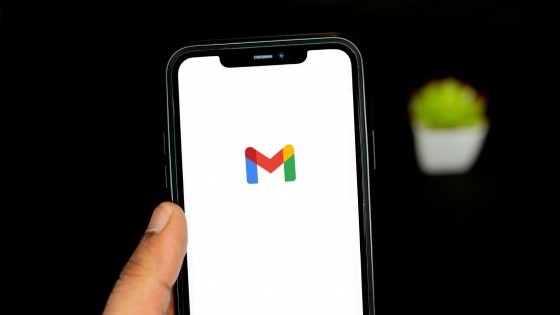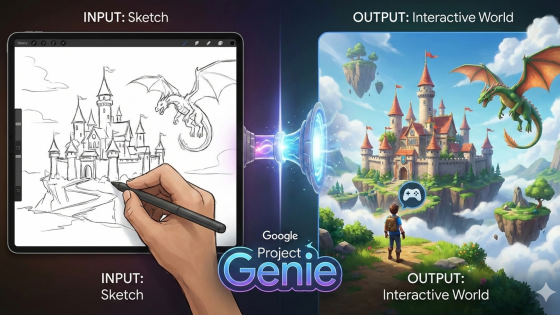Artificial intelligence is slowly replacing personal trainers

The American College of Sports Medicine (ACSM) has released its annual fitness trends forecast for 2025. The study provides “valuable insights for fitness professionals, business owners, and exercise enthusiasts.” As the ACSM report itself says, it is intended to inform “critical business decisions and professional development plans.” Trends vary by region, but the report focuses most closely on the United States.
While wearable technology (such as activity trackers) is still at the forefront of fitness trends, mobile exercise apps are second and data-driven training is third. The three trends in question often go hand-in-hand, as apps and wearable devices make it possible to effectively monitor training data, from heart rate measurement to explosive power. All this information can then be used to effectively prepare for training.
Wearables, apps, and by extension, data-driven training have all become almost frighteningly smarter. “In-app” UI chatbots are able to access personal data in the app we often use to access our wearable and suggest next steps in our training. Within apps like PUSH and Garmin Connect, we can get personalized training based on data from our last few workouts.
Interestingly, the “personal training” niche did not make the top 10 fitness trends this year, coming in at 15th place. While personal training is still very popular in certain regions and is somewhere in the top 20 trends, the drop from the top 10 is quite significant. Related to this is the drop in interest in professional certification, which is only in the top 10 trends in Portugal and Australia.
Cause and effect
If we look at the most popular trends, we can easily see correlation and causation. According to the National Strength and Conditioning Association, hiring a personal trainer can cost anywhere from $25 to $100 an hour. To this, we usually have to add the price of the membership fee, which we have to pay for access to the fitness center or the gym.
When you can get a YouTube channel that shows you workouts for free, or an AI fitness app that gives you all the feedback you need for just under $10 a month, it's hard to justify renting for many people facing a cost-of-living crisis a personal trainer.
We absolutely cannot compare the entire experience of a personal trainer with an app, or rather, this comparison is an insult to all personal trainers who work hard to get a license to become excellent trainers, motivators and experts in their field. However, it is true that the personal trainer as a profession and as a persona, which was once considered a cornerstone in the fitness industry, is losing popularity. In order for personal trainers to survive in 2024, they need to think carefully about how they can diversify their income stream. There is no shortage of potentially interesting areas, namely, personal trainers today decide to conduct online courses. writing books, where their expertise comes to the fore, and some even embark on the path of creating their own app. But we must not forget about “influencers”, because there are also more and more personal trainers who manage to build an enviable online community and are thus content creators at least part of their time, and can even make a very good living from it.
It is likely that few, if any, personal trainers, when starting their journey, think that one day they will have to master writing, maybe even programming, selling skills and posing in front of the camera. Not so long ago it was quite enough if you were really good at training people as a personal trainer, but today it is not enough at all. The most successful and well-known personal trainers today are not necessarily the best trainers, but rather those who build their brand and master their own marketing the best.
Now that applications and wearable devices allow feedback via chatbots, and they can be at least partially manipulated and adjusted with basic programming knowledge, the fitness industry, one of the last, has become part of the sectors that will be greatly changed by artificial intelligence. At this point, it's very difficult to predict which direction this story will go, and how difficult it is to offer advice to all these talented personal trainers on how to adapt. The fact is that maintaining an analog business model in a world in which artificial intelligence is slowly but steadily penetrating every pore of the world will be a very big challenge.






























